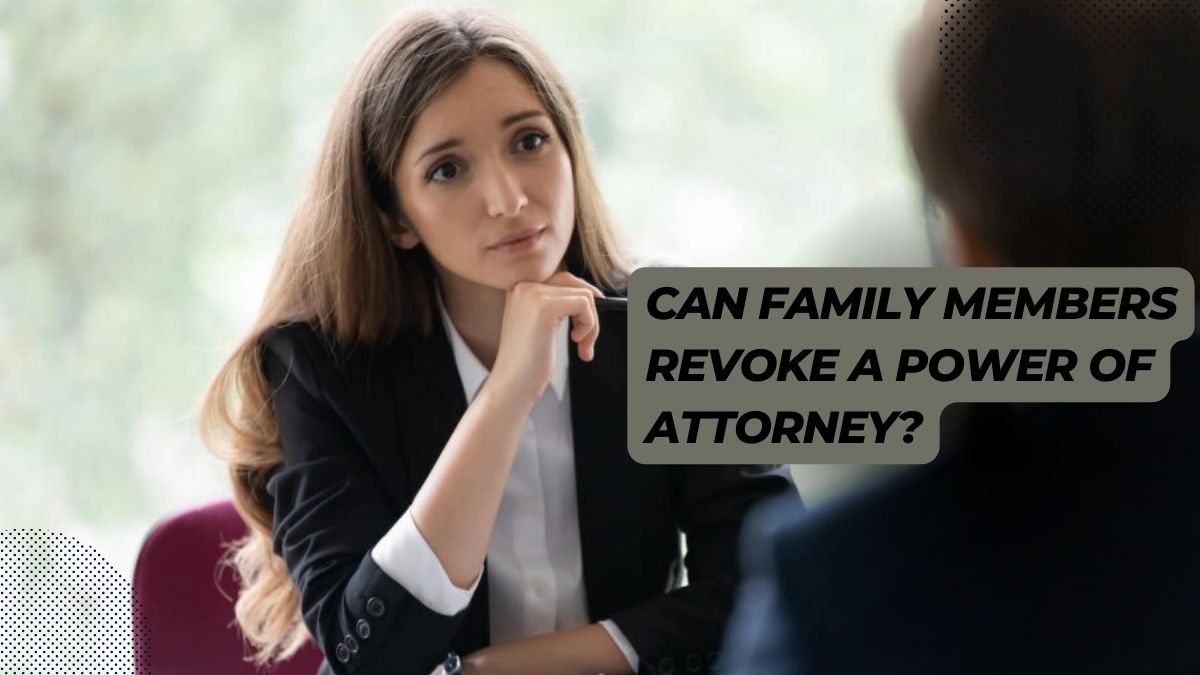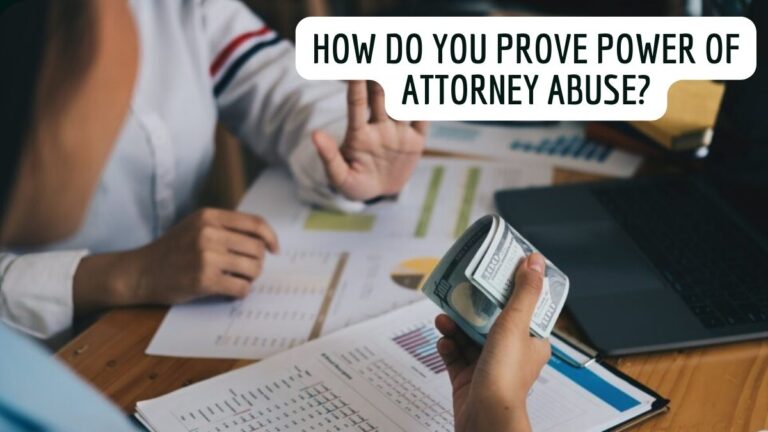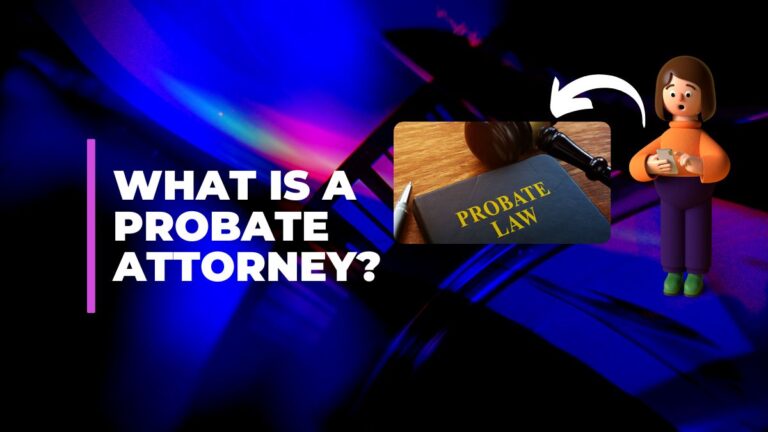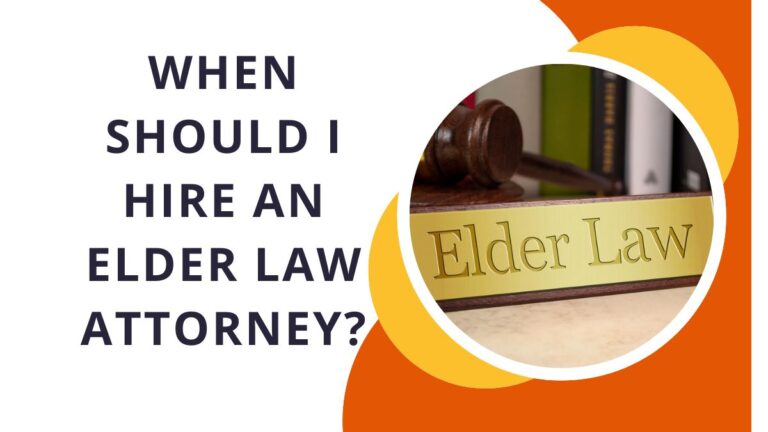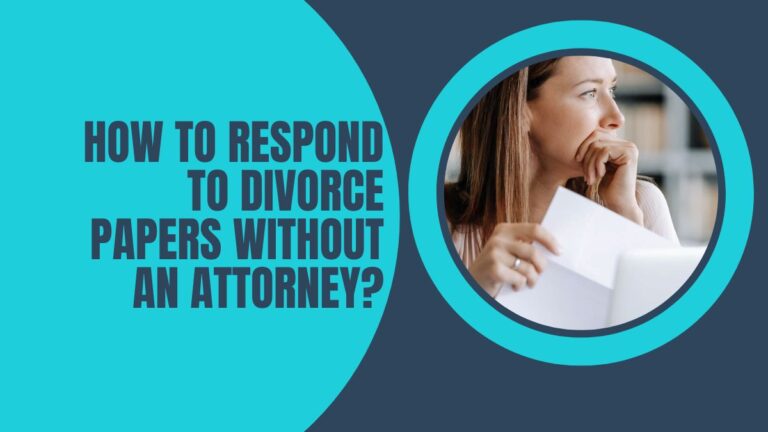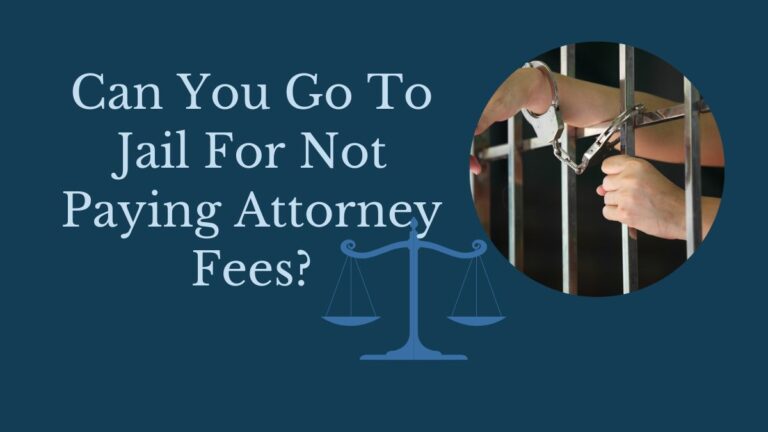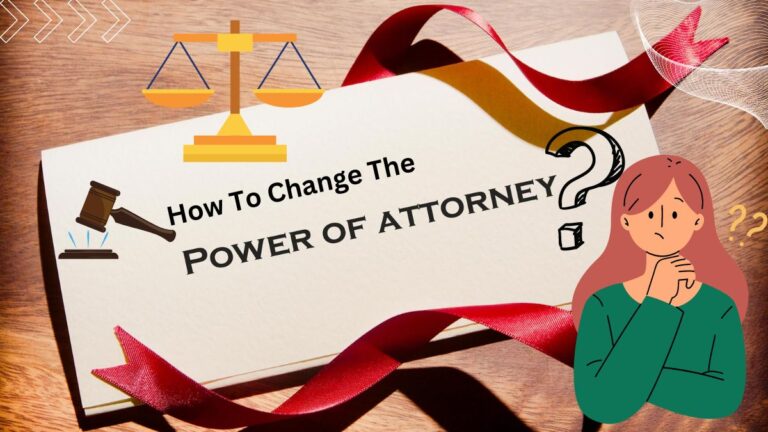Can Family Members Revoke A Power Of Attorney?
Before diving into the revocation process, it is crucial to understand the concept of a power of attorney. A power of attorney is a legal document that grants a designated person, known as the attorney-in-fact or agent, the authority to act on behalf of the principal (the person granting the power). The powers granted can vary, ranging from handling financial transactions to making healthcare decisions, depending on the type of power of attorney established
Revoking a Power of Attorney:
Revoking a power of attorney is a legal process and typically requires adherence to specific guidelines. Whether a family member can revoke a power of attorney depends on several factors, including the laws of the jurisdiction where the power of attorney was created and the circumstances surrounding the revocation request. Here are a few key points to consider:
- Legal Capacity: For revocation to be valid, the principal must have legal capacity, meaning they must be mentally competent to make decisions. If a family member believes the principal lacks capacity, they may need to pursue legal action to establish incompetency before attempting to revoke the power of attorney.
- Revocation Method: Most jurisdictions require a written document, signed by the principal, to revoke a power of attorney officially. This document should clearly state the intent to revoke the previously granted power of attorney and be properly executed following the legal requirements of the jurisdiction.
- Notification: It is important to notify all parties involved in the power of attorney arrangement about the revocation. This includes the attorney-in-fact, financial institutions, healthcare providers, and any other relevant entities that may have relied on the power of attorney.
- Consult Legal Professionals: Revoking a power of attorney can be a complex legal matter. It is advisable for the family member seeking revocation to consult with an attorney who specializes in estate planning, elder law, or similar areas of expertise. A legal professional can provide guidance and ensure that all necessary steps are followed to effectuate a valid revocation.
Legal Challenges and Disputes:
Revoking a power of attorney may lead to legal challenges and disputes within the family. If the attorney-in-fact contests the revocation or if there are concerns about the principal’s capacity, it may be necessary to seek resolution through the court system. In such cases, it becomes essential to have legal representation to navigate the complexities and protect the interests of all parties involved.
Conclusion:
While family members may have concerns or disputes regarding a power of attorney, revoking one typically involves following a specific legal process. Whether a family member can revoke a power of attorney depends on various factors, including the principal’s legal capacity and compliance with the legal requirements of the jurisdiction. It is advisable to seek legal counsel to ensure all necessary steps are taken and to address any potential disputes that may arise. Understanding the legalities surrounding the revocation process helps individuals make informed decisions while preserving the rights and interests of all parties involved.
